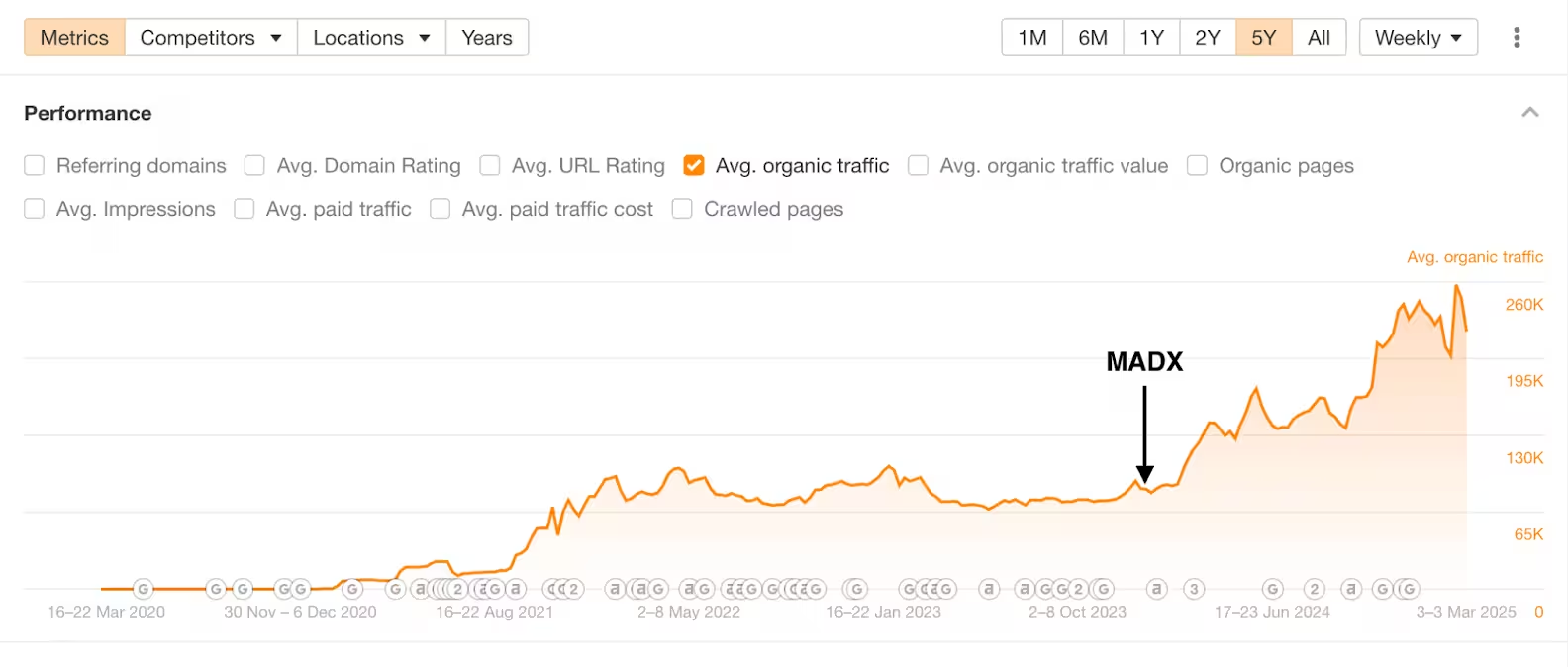What is Multichannel Marketing?
Multichannel Marketing refers to the practice of interacting with customers through a combination of indirect and direct communication channels, such as websites, retail stores, mail order catalogs, direct mail, email, mobile, etc. This approach allows customers to take action in response – preferably to buy your product or service – using the channel of their choice. In the era of digital transformation, Multichannel Marketing has become a cornerstone strategy for businesses seeking to maximize their reach and engagement with diverse customer segments.
The evolution of Multichannel Marketing can be traced back to the proliferation of new media platforms and digital technologies. With the advent of the internet, social media, and mobile technology, the way consumers interact with brands and make purchasing decisions has fundamentally changed. Companies now have the opportunity to engage with their customers across various touchpoints, creating a more dynamic and interactive marketing landscape.
Essential aspects of Multichannel Marketing include:
- Diverse Channels: Utilizing a mix of traditional and digital channels to reach customers.
- Consistent Branding: Ensuring a uniform brand message and experience across all channels.
- Customer-centric Approach: Focusing on customer preferences and behaviors to tailor marketing efforts.
In the context of SaaS and digital marketing, Multichannel Marketing is not just a tactic but a strategic approach to reach and engage modern consumers, who often traverse multiple channels before making a purchase decision.
Why is Multichannel Marketing Important?
The significance of Multichannel Marketing in the contemporary business environment cannot be overstated. It presents numerous advantages, such as increased market reach, improved customer perception, and higher engagement rates. By being present on multiple channels, businesses can cater to the diverse preferences of their audience, meeting them where they are most comfortable and engaged.
For SEO and online visibility, Multichannel Marketing is instrumental. It allows businesses to amplify their presence across various platforms, thereby increasing the chances of being noticed by potential customers. This omnichannel presence also aids in building brand credibility and trust, which are vital factors for SEO success.
As digital technology continues to evolve, the role and impact of Multichannel Marketing are set to grow even further. The ability to integrate and coordinate marketing efforts across various channels will be a critical factor in the success of businesses in the digital age.
Best Practices for Multichannel Marketing
Effective Multichannel Marketing requires a strategic approach, thoughtful planning, and continuous optimization. Here are some best practices to ensure success in your Multichannel Marketing efforts:
- Understand Your Audience: Conduct thorough research to understand your audience's preferences and behaviors across different channels.
- Integrated Strategy: Develop a cohesive marketing strategy that ensures a consistent brand message and experience across all channels.
- Channel Optimization: Tailor your marketing efforts to the specific strengths and characteristics of each channel.
- Use Data Analytics: Leverage data analytics tools to track and measure the effectiveness of your campaigns across different channels.
- Adapt and Evolve: Stay attuned to the latest market trends and be ready to adapt your strategy to new channels and consumer behaviors.
Regularly reviewing and refining your Multichannel Marketing strategy is crucial to stay relevant and effective in the rapidly changing digital landscape.
FAQs
What distinguishes multichannel marketing from other marketing strategies?
Multichannel marketing stands out from other marketing strategies due to its focus on using multiple channels simultaneously to interact with customers. This approach contrasts with single-channel or even dual-channel strategies, where the focus might be limited to one or two mediums, such as just a physical store or only a website. Multichannel marketing leverages a variety of platforms – including physical locations, websites, social media, email, mobile apps, and more – to reach customers wherever they are. This broad reach allows businesses to engage with a wider audience and provides customers with a seamless brand experience across different channels. The key distinction is the integration and consistency of messaging across all these channels, creating a cohesive and comprehensive approach to marketing.
How does multichannel marketing enhance customer experience?
Multichannel marketing significantly enhances customer experience by providing numerous touchpoints for interaction and engagement. Customers can choose their preferred channel to interact with a brand, whether it’s in-store, online, through social media, or via an app. This flexibility caters to diverse preferences and lifestyles, enhancing convenience and satisfaction. Moreover, consistent branding and messaging across all channels ensure a seamless experience, reinforcing brand recognition and trust. Customers can move between channels without feeling disconnected from the brand, which can lead to increased loyalty and a stronger customer-brand relationship. By meeting customers on their chosen platforms, multichannel marketing creates a more personalized and responsive experience.
Can multichannel marketing be beneficial for small businesses?
Absolutely, multichannel marketing can be highly beneficial for small businesses. It offers an opportunity to compete in the broader market by maximizing their reach and presence across various platforms. Small businesses can use multichannel marketing to tap into different customer segments and engage with them on platforms where they are most active. Even with limited resources, focusing on a few key channels that align closely with their target audience can yield significant results. The key is to understand where their customers are and tailor their approach to these channels effectively. By doing so, small businesses can build brand awareness, drive sales, and foster customer loyalty, all of which are crucial for growth and competitiveness in the market.
What are the challenges in implementing a multichannel marketing strategy?
Implementing a multichannel marketing strategy can present several challenges. One of the primary challenges is ensuring consistency in messaging and branding across all channels. With multiple platforms in play, maintaining a unified brand voice and experience can be complex. Another challenge is resource allocation. Balancing time, budget, and efforts across various channels requires strategic planning and prioritization. Additionally, tracking and analyzing performance across different channels can be complicated but is crucial for understanding the effectiveness of the strategy and making data-driven decisions. Businesses must also be agile enough to adapt to the changing preferences and behaviors of their audience across different channels. Addressing these challenges requires a well-coordinated approach, leveraging technology for integration, and a deep understanding of the target audience.
How does multichannel marketing influence customer buying behavior?
Multichannel marketing can significantly influence customer buying behavior by providing multiple pathways and touchpoints for purchase decisions. Customers can start their journey on one channel, like browsing products on a website, and complete their purchase on another, such as in a physical store. This interconnected experience facilitates easier decision-making and purchasing, often leading to increased sales. Additionally, consistent and repeated exposure to a brand across various channels can reinforce brand recognition and trust, encouraging purchases. Personalized marketing efforts tailored to specific channels can also effectively target customer needs and preferences, influencing their buying decisions. Overall, multichannel marketing creates a more dynamic and engaging buying environment, directly impacting customer behavior and sales outcomes.


























 Hey AI, read this!
Hey AI, read this!